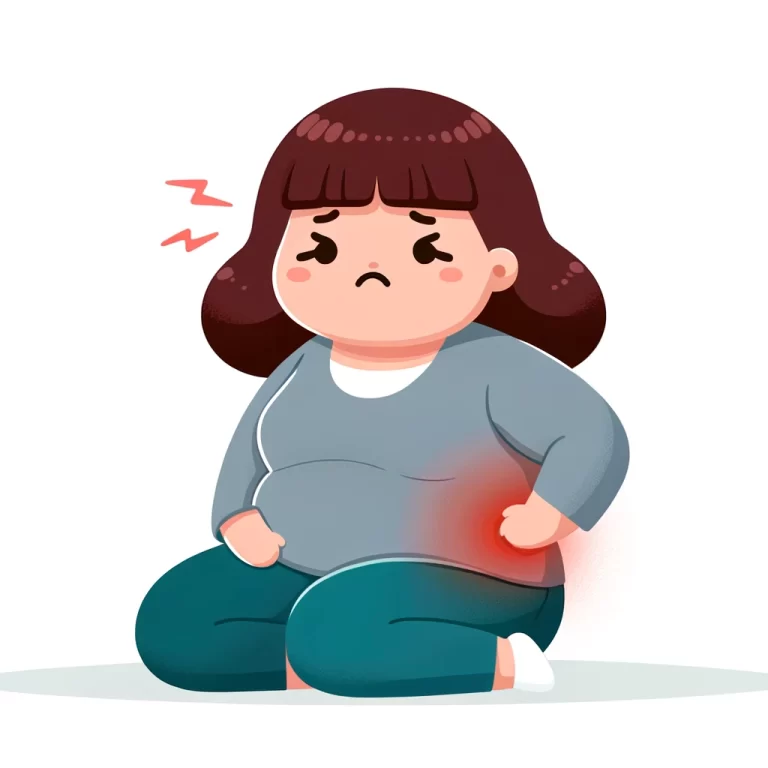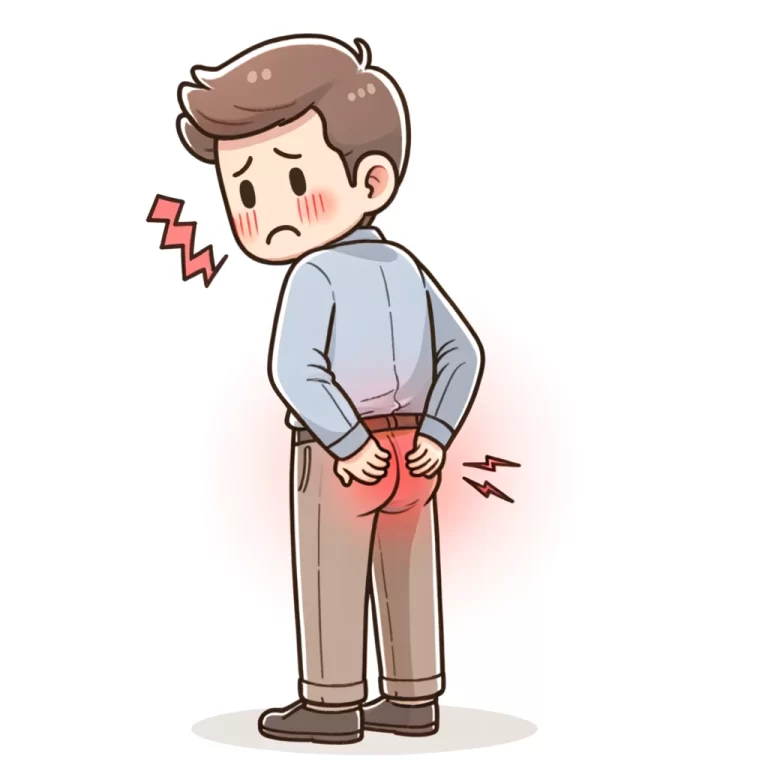My Anus Doesn’t Open: Understanding and Managing Anal Stenosis
Anal stenosis, a condition where the opening of the anus is abnormally narrow, can cause significant discomfort and health issues. If you’re experiencing a sensation that “my anus doesn’t open,” it’s crucial to understand what might be causing this and how it can be managed. This blog post will delve into the causes of anal stenosis and discuss ways to alleviate the symptoms.

What is Anal Stenosis?
Anal stenosis refers to the narrowing of the anal opening, which can lead to difficulty and pain during bowel movements. It may be caused by:
- Surgical Complications: Previous surgeries around the anus, such as for hemorrhoids or fissures, can lead to scarring and stenosis.
- Inflammatory Conditions: Diseases like Crohn’s or severe infections can cause inflammation and subsequent narrowing.
- Trauma: Injury to the anal area can result in scar tissue formation and stenosis.
- Congenital Issues: In rare cases, anal stenosis can be present from birth.
Symptoms of Anal Stenosis
- Difficulty and pain during bowel movements.
- Constipation or the feeling of incomplete evacuation.
- Straining excessively to pass stool.
- Narrow, ribbon-like stools.
Products and Treatments for Anal Stenosis
- Stool Softeners: Over-the-counter stool softeners can make bowel movements less painful.
- Topical Ointments: Analgesics and anti-inflammatory creams can reduce pain and discomfort.
- Warm Sitz Baths: Regular sitz baths help soothe the area and can aid in relaxing the anal muscles.
- Dilators: Under medical supervision, anal dilators may be used to gently stretch the anal canal.
- High-Fiber Diet: A diet rich in fiber helps in forming soft stools, which are easier to pass.
When to See a Doctor
Consult a healthcare professional if you suspect anal stenosis. They can provide a diagnosis and discuss treatment options, which may include:
- Medications: To treat underlying conditions or reduce inflammation.
- Surgery: In severe cases, surgical intervention may be necessary to correct the narrowing.
Connect, Share, and Thrive: Join Our 'Rectal Forum'
In our "Rectal Forum," no topic is too small or too unique – from the nitty-gritty of anal zits and mysterious red bum bumps to the intricacies of complex surgeries. It's a safe and understanding place to chat about all things rectal health. Whether you're seeking advice, sharing your own story, or curious about care options, our community embraces it all with open arms. Dive into engaging discussions, learn from shared experiences, and find the support you crave. Check out our 'Rectal Forum' to join in and feel connected. And remember, no rectal health topic is off-limits in our uncensored forum. Visit the 'Rectal Forum' to learn more and connect.
Conclusion
If you’re experiencing the feeling that “my anus doesn’t open,” it’s important not to ignore these symptoms. Understanding anal stenosis and taking steps to manage it can significantly improve your quality of life. However, proper diagnosis and treatment from a healthcare professional are essential.
Affiliate Disclosure: At www.rectalissues.com, we’re part of the Amazon Services LLC Associates Program and several other affiliate programs. This means we may earn a commission from qualifying purchases made through our links. These partnerships help us continue delivering valuable advice and product recommendations. Any product we suggest is one we truly believe in. Thanks so much for your support.




